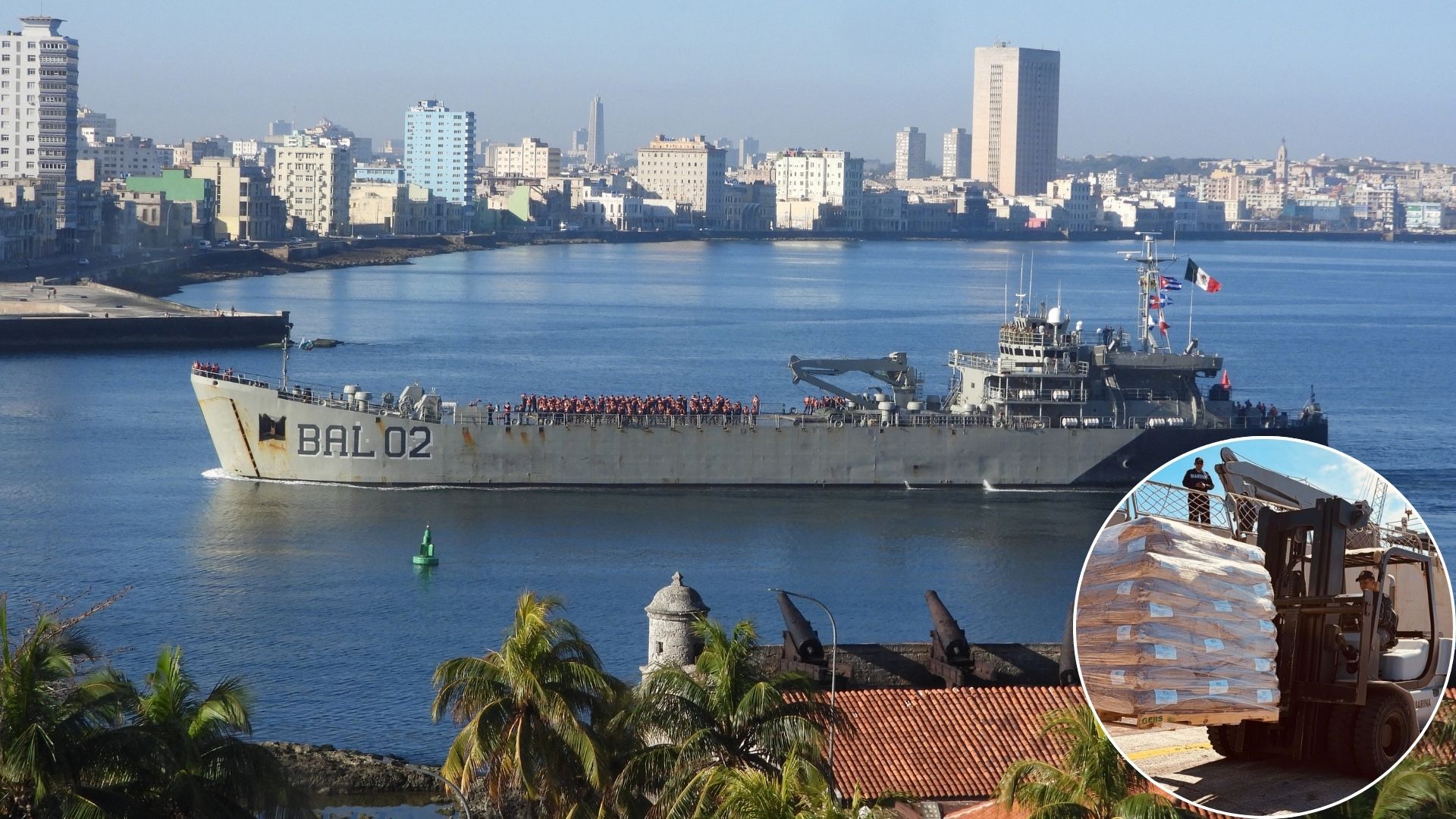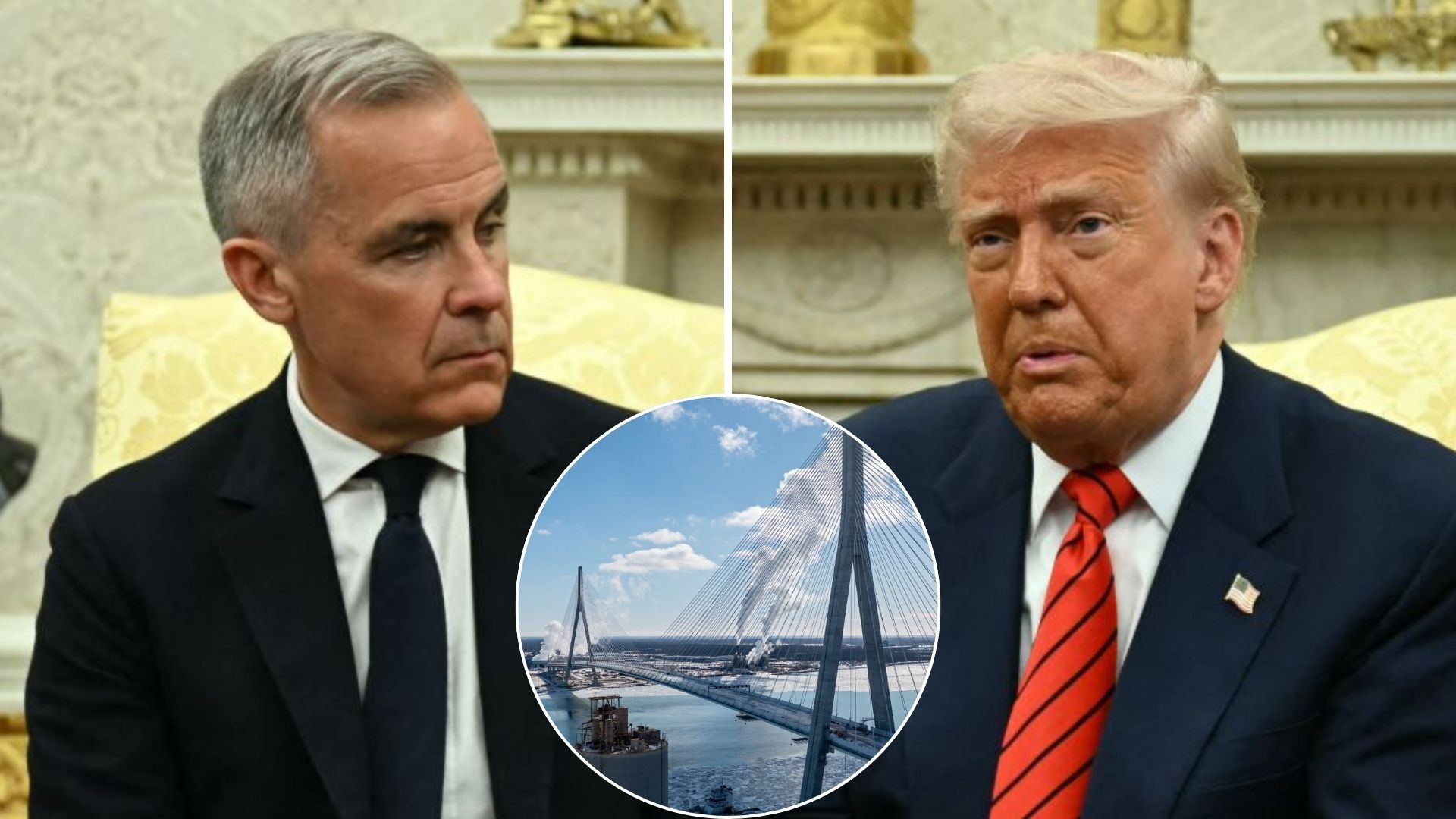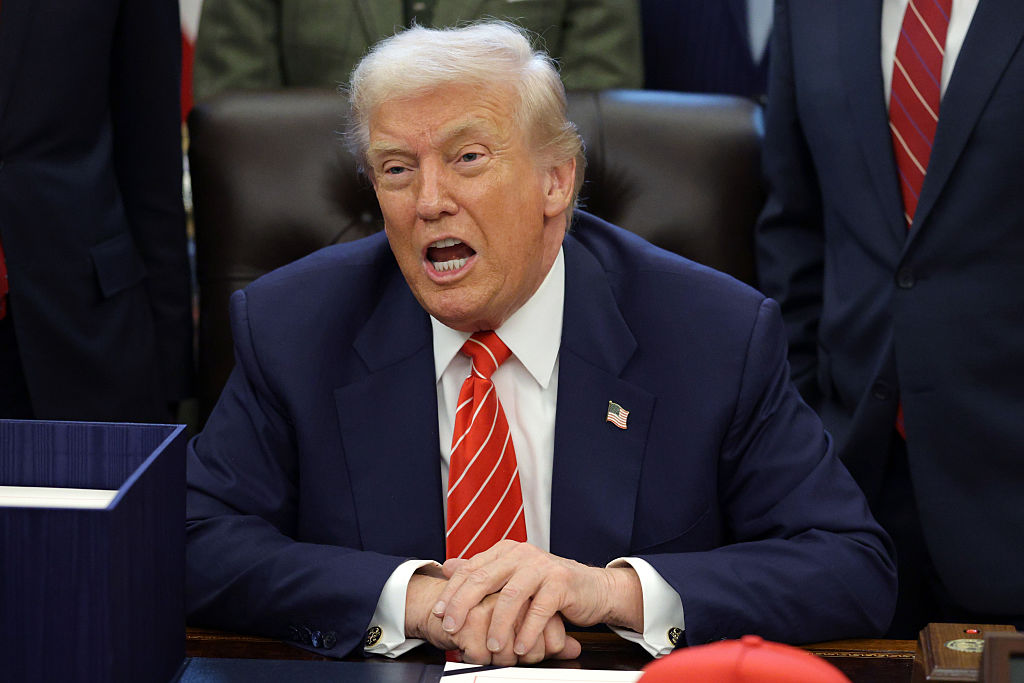
However, the experts are trying to be reassuring…
Iran's Supreme National Security Council

In response to US strikes on its nuclear sites, Iran’s parliament has voted to close the Strait of Hormuz, a major transit point for world oil trade. However, the decision rests with Iran’s Supreme National Security Council, which has so far failed to act on the plan.
A recurring threat

Although the entry into force of an (already fragile) ceasefire between Israel and Iran has ruled out this possibility, it is not the first time Teheran has brandished this threat.
20% of the world's oil

Around 20% of the world’s oil passes through this strait in the Persian Gulf, bordered by Iran to the north and the Emirates and Oman to the south. In 2024, some 20 million barrels of crude oil – worth almost $600 billion – will flow through it daily, according to the US Energy Agency (EIA).
Serious consequences for the global economy

Iran has threatened to block access to this sea route on several occasions in the past, but has never carried out its threat. Such a decision would have serious consequences for the global economy, pushing up the price of oil and slowing down production in several Asian countries.
Limited impact on the United States

This retaliatory measure would also have limited consequences for the United States. In fact, thanks to hydraulic fracturing, the United States is now a net exporter of hydrocarbons, and is even the leading exporter of liquefied natural gas.
An infringement of the Convention on the Law of the Sea

A complete closure of the strait would be an infringement of the Convention on the Law of the Sea, to which Teheran is a signatory. It guarantees the free “innocent passage” of ships carrying neither arms nor soldiers.
Omani-Iranian relations

Iran would also disrupt relations with the neighboring Sultanate of Oman, which have so far been good, as the two states co-manage the Strait.
An act of war against exporting countries

In addition to Oman, a complete blockage would represent an act of war against all the countries that rely heavily on the Strait of Hormuz to export their oil: Saudi Arabia, Iraq, United Arab Emirates, Qatar, Kuwait.
Asia has the most to lose

On the buyers’ side, Asia has the most to lose. Indeed, 82% of the oil transiting through Hormuz is destined for Asian markets. China, India, Japan and South Korea are the most exposed, reports the media outlet Les Echos. Some could source their oil elsewhere, but this would raise costs.
A "stupid" decision, says White House spokeswoman

White House press secretary Karoline Leavitt said: “I can assure you the administration is actively and closely monitoring the situation in the Strait of Hormuz and the Iranian regime would be foolish to make that decision.”









